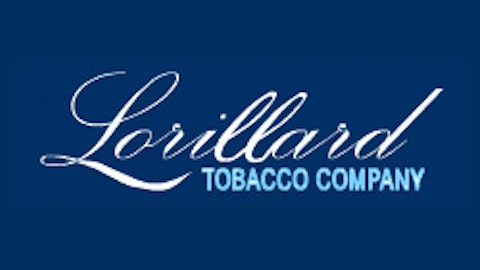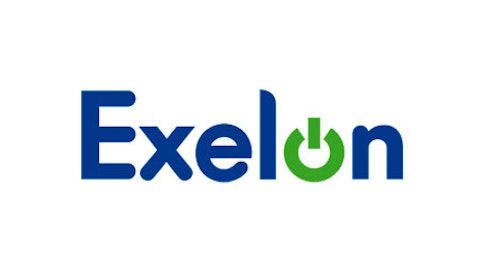
As a grower and distributor of tobacco to the major tobacco companies, Universal Corp (NYSE:UVV) operates within the same industry but it appears as if investors and the market have almost no trust in the company.
For example, Universal Corp (NYSE:UVV) trades at a TTM P/E ratio of 13 and a price-to-sales ratio of 0.5 compared to larger peers, Altria Group Inc (NYSE:MO) and Philip Morris International Inc. (NYSE:PM), which trade at TTM P/E ratios of 17.1 and 17.2, respectively, and price-to-sales ratios 3 and 1.9, respectively. Additionally, Lorillard Inc. (NYSE:LO) and Reynolds American, Inc. (NYSE:RAI) trade at TTM P/E ratios of 19 and 14.9, respectively. So, on average, Universal trades at a 31% discount to its tobacco sector peers on a TTM P/E basis and an 80% discount on a price-to-sales basis.
But why is Universal a better investment?
As I have written above, Universal grows and distributes tobacco, which is then sold to tobacco giants like Philip Morris International Inc. (NYSE:PM) to manufacture cigarettes. This is Universal Corp (NYSE:UVV)’s biggest strength, you see, while the company does not actually manufacture cigarettes, it would appear that growing tobacco is actually a more defensive industry.
Indeed, it is well known and documented that cigarette consumption around the world is in gradual decline, as consumers realize the negative health consequences. However, the consumption of tobacco, through both smoking and chewing, is actually on the rise and Universal Corp (NYSE:UVV) is in the right place to benefit.
According to the Centres for Disease Control and Prevention, global cigarette consumption has been in steady decline, at the rate of between 1% and 5% a year for the last ten years. On the other hand, the CDC notes that the consumption of pipe tobacco and large cigars has risen 482% and 233%, respectively, during the same period and the use of non-cigarette smoked tobacco has risen 123%.
Universal has a strong balance sheet
Universal is fiscally prudent and the company has a much stronger balance sheet than that of its tobacco peers. In particular, peers Philip Morris, Altria Group Inc (NYSE:MO), Reynolds, and Lorillard Inc. (NYSE:LO) are repurchasing stock financed with debt, currently a sensible idea considering the low interest rates available in the market. However, over the longer term, this could come back to haunt the companies when interest rates start to rise and they need to refinance at higher rates.
In comparison, Universal Corp (NYSE:UVV) has been buying back stock with cash on hand, not using debt unless necessary. Indeed, at the end of Q1 this year, the company’s net debt position stood at around $130 million, which when broken down, equated to $370 million cash and $500 million debt — a debt to shareholder equity level of 10%. Furthermore, Universal’s current and quick ratios stood at 2.8 and 1.5, respectively, while current assets covered all liabilities both current and long-term 1.7 times.




